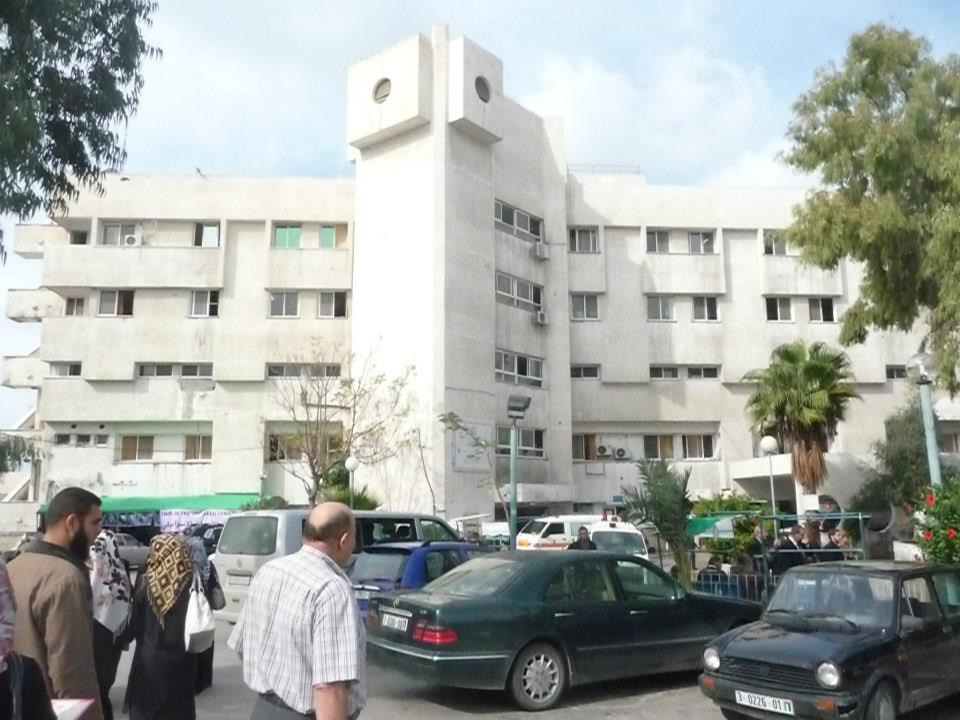Tag: Al Shifa Hospital
-
As Israel targets the wounded, international volunteers to stay at al-Shifa hospital
25th July 2014 | International Solidarity Movement | Gaza, Occupied Palestine International volunteers from countries including Spain, Sweden, the United states, the United Kingdom, France, New Zealand, Australia, and Venezuela have begun a constant protective presence in various locations at the al-Shifa Hospital. At 2:30 PM this afternoon, a press conference will be held at al-Shifa regarding…
-
DCI: Child blown to pieces, one maimed and two injured in drone attack
Defense for Children International On 7 January 2009, Husam Sobuh (11) decided to bring more food, blankets and clothes to the UNRWA school in Beit Lahiya, where he was taking refuge with his family. On his way, he met with his uncle Osama (36) and his two children, Huda (11) and Luai (9), who were…
-
The Al Haddad family’s story: nothing left but ashes
Sharon Lock | Tales to Tell 6 February 2009 You remember the Nadeems (I must ring and ask them how Firas’s knee operation went so I can tell you) who tried to escape from the Israel’s attacks on Tela Howa in their car, but it wouldn’t start. Also on January 15, an hour or so…

